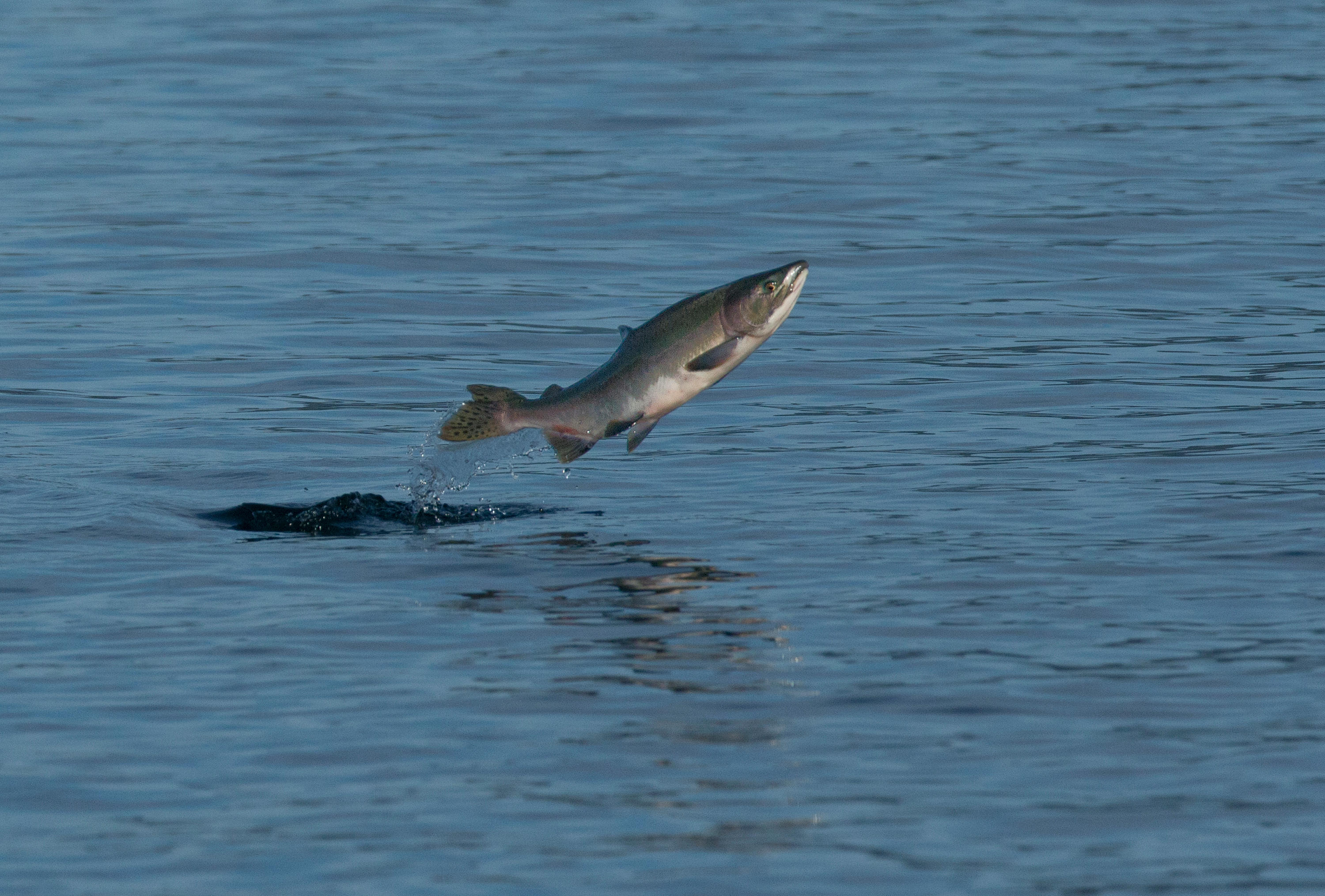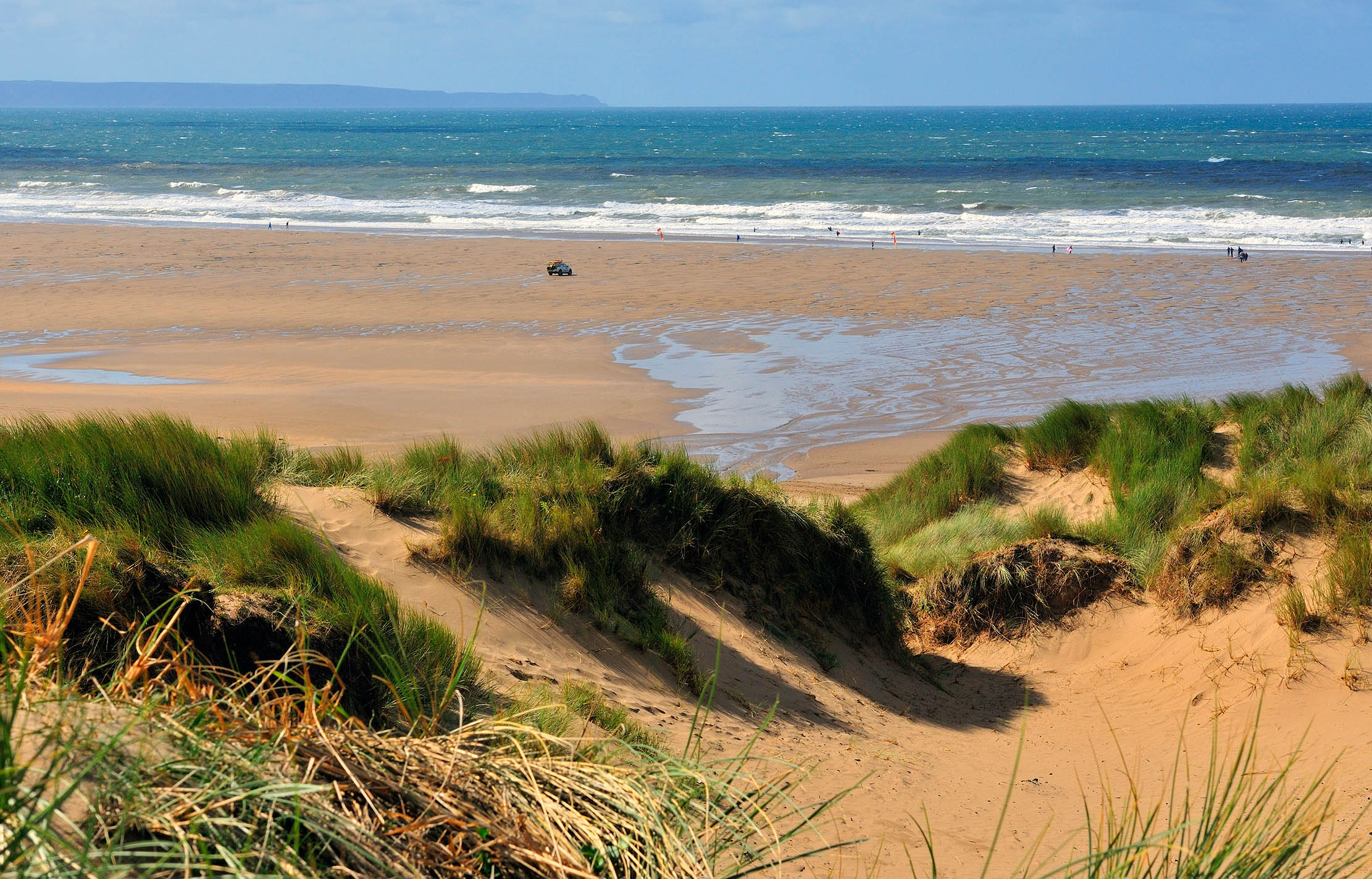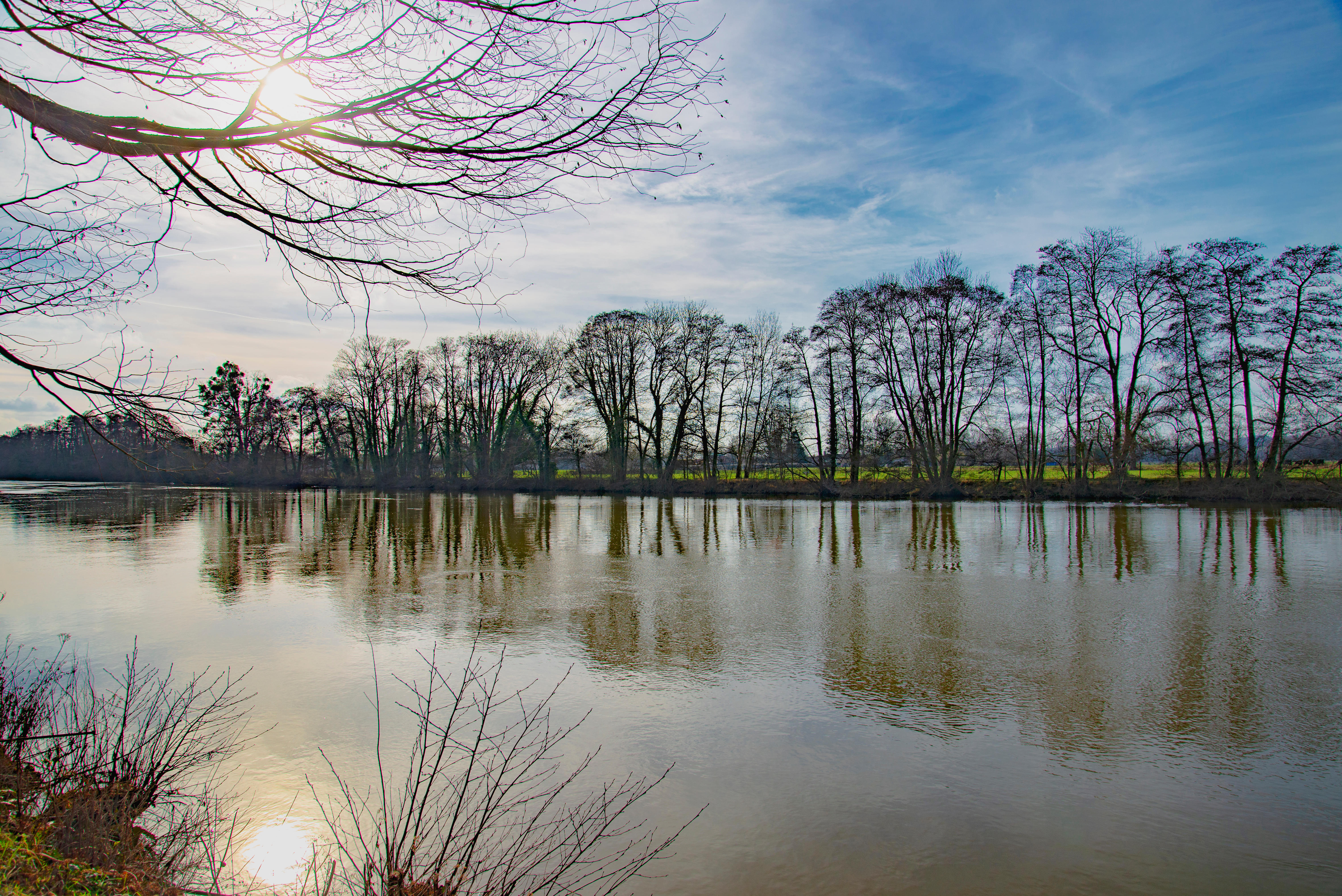Britain braces for Pacific pink salmon invasion
Two years after large numbers were spotted in British rivers, the Pacific pink salmon is set to make a return, potentially endangering Britain's wild Atlantic species. The Environment Agency is asking anglers to record the fish's presence.


A rare but invasive fish looks set to make an appearance in British rivers in the next few weeks. As the name implies, the Pacific pink salmon is native to the Pacific Ocean, but spread across Europe from the 1960s, when it was introduced to Russian rivers.
Until recently, the Environment Agency humorously writes in a statement, netting one was ‘as rare as catching a red herring’. In 2017, however, large numbers found across rivers and coastal streams in England and Scotland, with the Scottish fish spawning successfully. And because the species has a two-year life cycle, now is the time it could reappear in British waters.
Indeed, the fish has already been sighted seven times in the British Isles earlier this year — one was spotted in Wales, one in Ireland, three in Scotland and two off the Northumbrian coast — but the Environment Agency expects to record many more in the near future.
‘It is anticipated more pink salmon will be observed over the coming weeks and fisheries managers, anglers and netsmen are requested to remain vigilant, particularly if fishing in the lower reaches of the river systems,’ says Jonathan Shelley, Net Fishery Programme Manager at the Environment Agency.
The body is asking anyone who think they may have spotted a Pacific pink salmon to take a clear picture of it and note down the date and location of capture or sighting, the method of capture and the sex of the fish. If the salmon has been caught, they are asking people to take a sample of scales, freeze and store the fish and write down its weight and measurement.
The Agency is also interested in hearing of any ‘early or unusual’ spawning activity — the pink salmon spawns at a different time from the native Atlantic variety.
Monitoring the sightings is not just a statistical exercise. The Agency is keen to ensure that the species doesn’t bring in any diseases that may threaten Britain’s Atlantic salmon populations. In Scotland, concern is also mounting that pink salmon could colonise local rivers and outcompete the Atlantic species.
Exquisite houses, the beauty of Nature, and how to get the most from your life, straight to your inbox.
‘Wild Atlantic salmon stocks are already under great pressure from a variety of sources,’ explains Simon Toms, National Fisheries Management Team Leader for the Environment Agency. ‘The introduction of novel parasites or diseases from invasive species, such as Pacific pink salmon, could potentially represent an additional risk to the viability of the species.
'We therefore want to better understand the immediate risk that pink salmon could represent to our important wild salmon stocks.’
Although two years ago, ‘no notable disease or novel parasites were detected,’ according to Mr Shelley, ‘we need to remain watchful and continue to investigate the possible risk of undesirable consequences arising from the presence of this species.’
Both the Environment Agency and Fisheries Scotland have produced detailed guidance for anglers.

Credit: Alamy Stock Photo
Our sand dunes are under threat, but new funding could restore them to health
Sand dunes are an much-loved part of our coastline, but they have been in decline for decades. Now a new

Charity raises concern over health of British rivers
The World Wide Fund for Nature (WWF) says government targets to clean-up rivers are unrealistic.
Carla must be the only Italian that finds the English weather more congenial than her native country’s sunshine. An antique herself, she became Country Life’s Arts & Antiques editor in 2023 having previously covered, as a freelance journalist, heritage, conservation, history and property stories, for which she won a couple of awards. Her musical taste has never evolved past Puccini and she spends most of her time immersed in any century before the 20th.
